Expanded UMMC-MSU partnership tackles health disparities
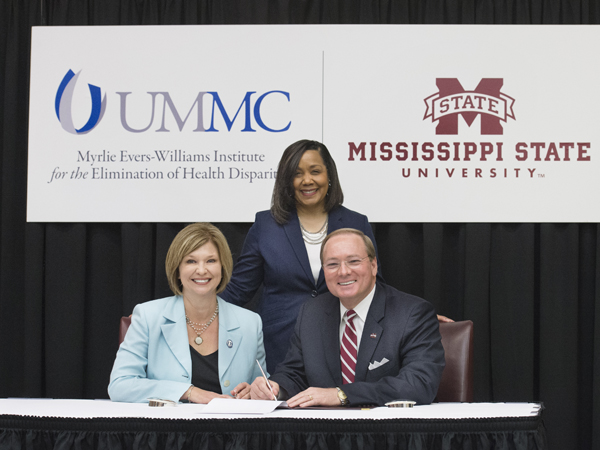
In Mississippi, 22 percent of residents cope with food insecurity - not knowing where their next meal is coming from, be it nutritious fare or nothing but a bag of sodium-laden potato chips.
That's the highest rate in the nation for what the federal government defines as limited or uncertain availability of nutritionally adequate and safe foods, or the inability to get nutritious food because of a lack of transportation, money or sheer availability. It might be because a family has run out of resources at the end of the month, but had food at the beginning of the month.
Finding solutions to food insecurity is a major focus of a new partnership that links researchers and population health experts at the University of Mississippi Medical Center and Mississippi State University with UMMC's Myrlie Evers-Williams Institute for the Elimination of Health Disparities. The agreement significantly expands ongoing collaborative projects between MSU and UMMC, and it cultivates new opportunities to end health disparities.
Mississippi State President Dr. Mark Keenum and Dr. LouAnn Woodward, vice chancellor for health affairs and dean of the University of Mississippi School of Medicine, sealed the partnership April 18 by signing a memorandum of understanding during a ceremony held on the MSU campus in Starkville.
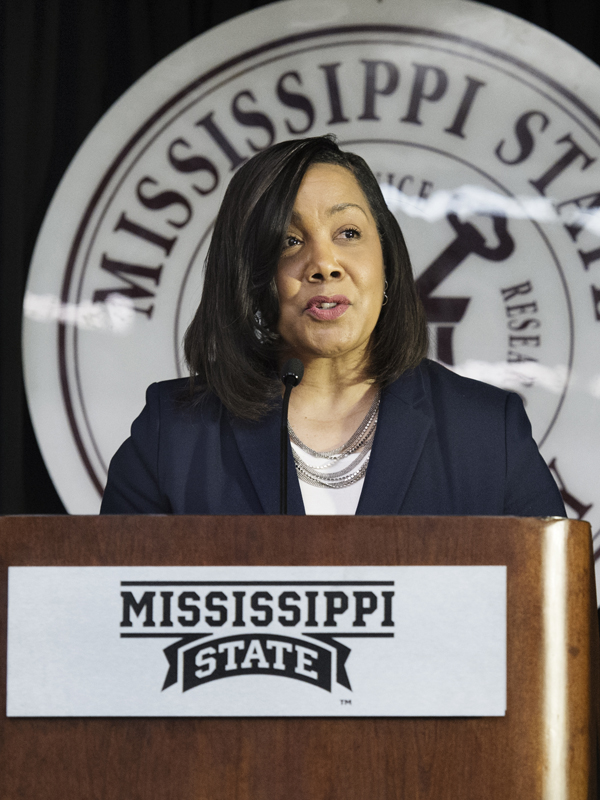
“This is a partnership made in heaven,” said Dr. Bettina Beech, UMMC's associate vice chancellor for population health and the Institute's executive director. The Medical Center has made a four-year commitment to jointly researching food insecurity, Beech said, honing in on its relation to the health of children, minority males, and those with HIV/AIDS.
The skills of researchers from each campus don't overlap, but instead are complimentary, said Beech, who also is a professor of pediatrics. “Both of them are needed. Mississippi State is very excited about working with us, and they have embraced this idea.”
It's exciting news to Dr. Leandro Mena, associate professor of infectious diseases at UMMC and a national authority on risk factors and treatment of patients with HIV infection. He's one of two principal investigators on a study of links between food insecurity and HIV risk among young African-American men in Jackson who have sex with other men.
Beech also is a collaborator on that National Institutes of Health-supported study that includes a principal investigator from the University of Kentucky.
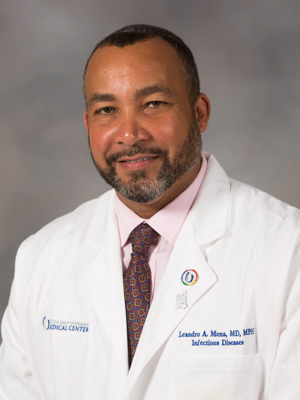
In the city of Jackson, one out of five young African-American males who has sex with other men doesn't know where his next meal is coming from, at least once during the week. If they're on medications for the HIV or AIDS viruses that require they be taken with food, their medications might not work, and the disease won't be kept in check, and their health could deteriorate.
The MSU-UMMC agreement “provides access to a cadre of collaborators at MSU in so many areas,” Mena said. “That includes social scientists. HIV is a social disease.
“Collaborations like this can really increase our capacity, in both understanding and researching the factors and also in expanding our blueprint and infrastructure as we build programs.”
Mena and Beech believe addressing food insecurity can be a meaningful and productive part of the new MSU-UMMC partnership. “The Myrlie Evers-Williams Institute made a commitment about a year ago to focus on social determinants of health - the lens through which we could impact health disparities,” Beech said.
“Then, we selected one health disparity, food insecurity. It undergirds many chronic diseases and unhealthy lifestyles. It's very salient for us to address, because Mississippi is No. 1 in the nation in food insecurity,” she said.
The new initiative will build on longstanding relationships between UMMC and MSU researchers, “and opens the door to expand in such a major way, allowing us to build a model that will hopefully be a national model,” Woodward said.
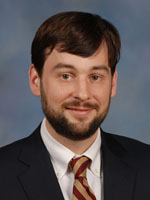
One of the ongoing relationships partners Dr. David Buys, state health specialist with the MSU Extension Service, and Dr. Rick deShazo, the Medical Center's Billy S. Guyton Distinguished Professor and professor of medicine and pediatrics. They're bringing extra hands-on clinical skills to high-schoolers enrolled in allied health classes and to people statewide.
deShazo and a broad team ranging from health-care workers to lay people have created a community health advocate curriculum, and it's being used in conjunction with the Extension Service's 4H program in a pilot project at two high schools in Sunflower and Itawamba counties. “The teachers are very well prepared to teach clinical skills to their students, but they don't always have the resources at their fingertips, or the time to enhance that training,” Buys said.
The community health advocate curriculum takes students' basic health training up a notch or two. “If you detect high blood pressure, what do you do? After you do CPR, what's next?” Buys said. “We don't want to do this in just any class. We want to attach it to their skills development. They are coming out of this class with certified nursing assistant training.”
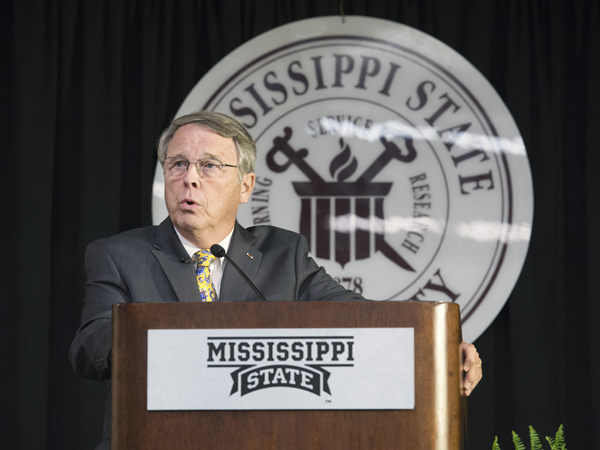
They take it a step further, dubbing the students Junior Master Wellness Volunteers and requiring they give back to their communities by performing 24 hours of community service.
The curriculum is being used to train hundreds of people statewide on how to do health screenings such as blood pressure and glucose checks, dietary counseling and how to identify community resources for health care. Those trained can then and train others, deShazo said.
Those being trained include UMMC faculty and students, high school and college students, and interested people in Mississippi communities. By going into churches and speaking to civic groups, they can improve health and wellness statewide and bring awareness to people who, for example, don't even know they have high blood pressure or diabetes, deShazo said.
“We know that there is power in partnerships, and we look forward to melding the efforts of our two institutions to achieve more on behalf of Mississippi's most disadvantaged citizens than we could hope to achieve separately,” Keenum said.
“Their veterinary school is unbelievable, and their leadership is unbelievable,” said deShazo, the keynote speaker at the partnership celebration. “They are doing great work. We can help them, and they can certainly help us. This is a Godsend for all of us who do research.”
As Mississippi's largest land-grant institution, MSU brings to the partnership “a wealth of resources that we don't have,” Beech said.
“Food is at the heart of agriculture, and agriculture is at the heart of what they do. We have the experience of working with health care and health disparity issues. That's one of our strengths,” she said. “We expect this to be a very productive relationship.”


